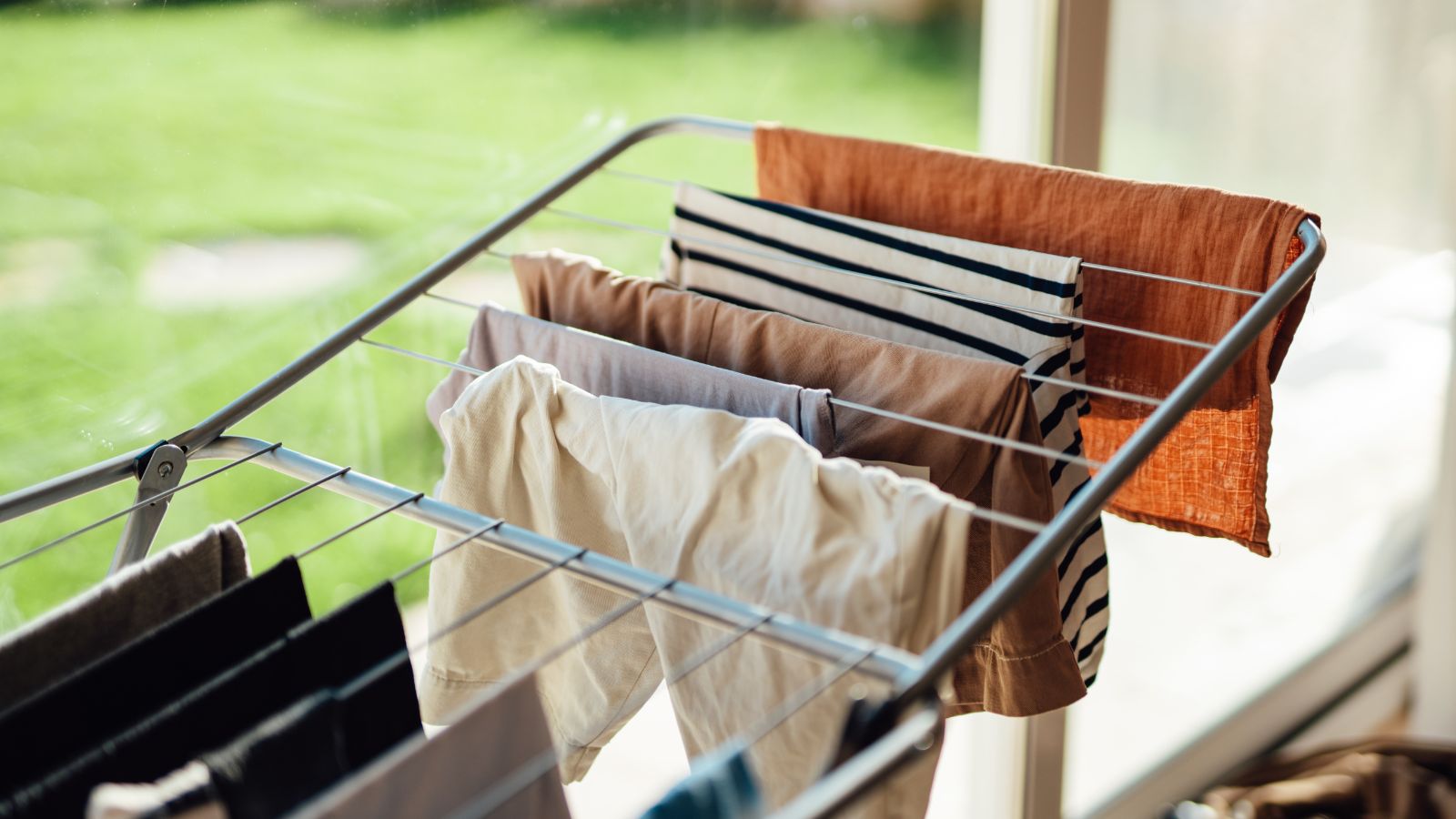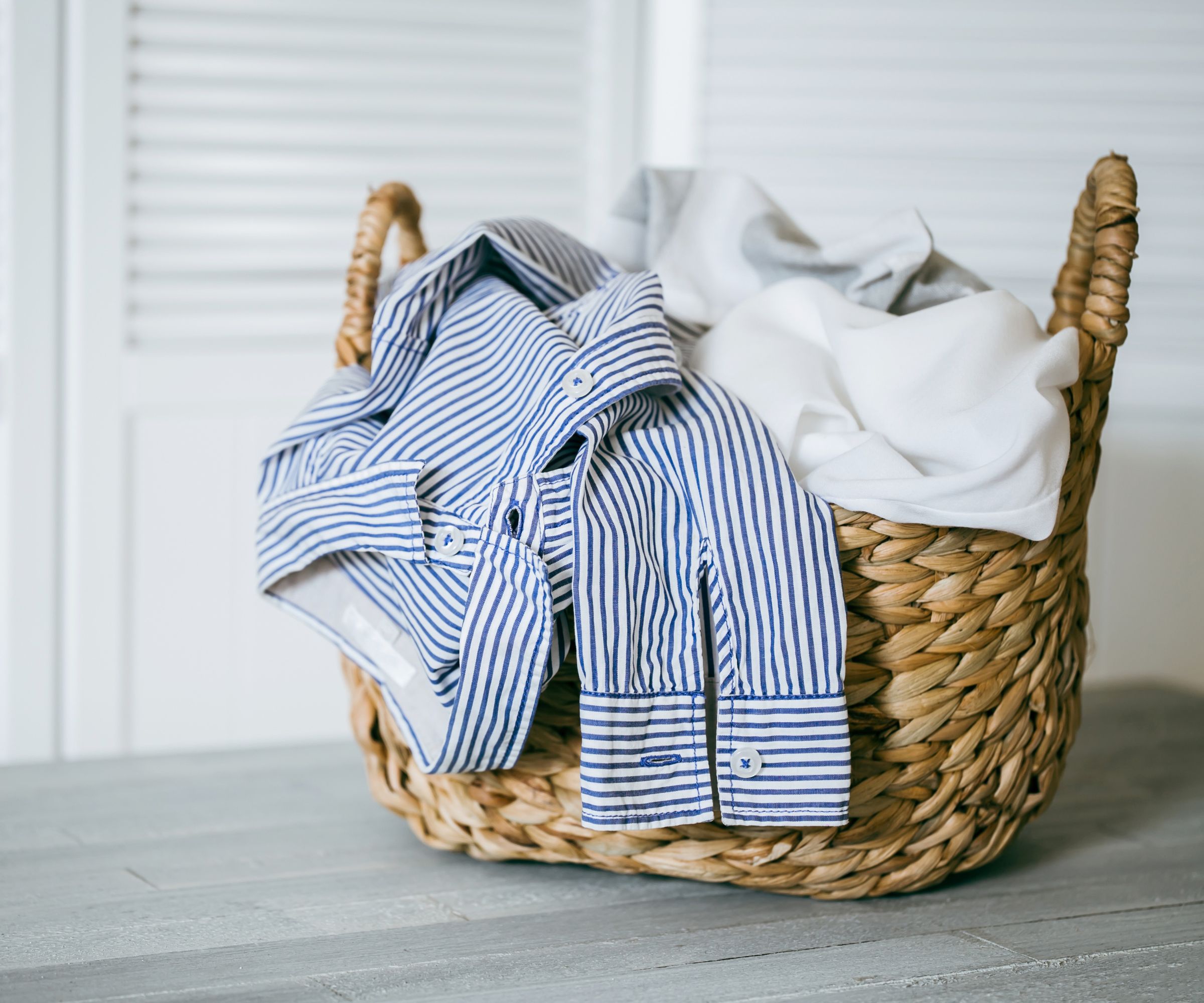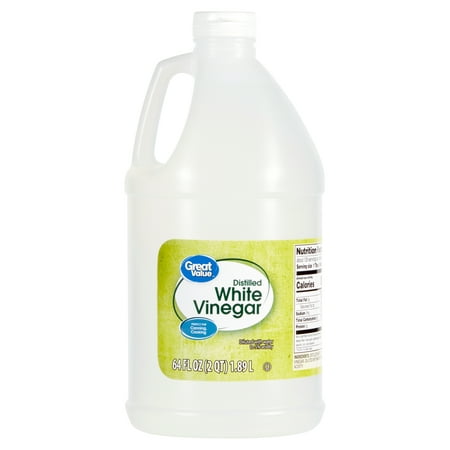
When it comes to laundry, there is one rule everyone knows – only wash like colors together, and never mix lights with dyes. While this will certainly get your laundry done, it could lead to you making some big mistakes when washing colors.
Laundry professionals and fabric care experts have explained that small slip-ups including overloading a machine or using the wrong detergent could damage your colored clothes for good. Luckily, they are all relatively easy to avoid.
These are the six biggest laundry mistakes to avoid when washing colors, and how the experts navigate them for perfect laundry, every time.
Mistakes to avoid when washing colors
Doing laundry doesn't need to be difficult. For example, sorting clothes for laundry before laundry day by color and the laundry symbols on the care tag will go far in making sure your clothes come out of the washer pristine every time.

1. Using harsh chemicals
More often than not, you do not need to add harsh, astringent chemicals to your laundry routine, even if clothes are stained or smelly. This is particularly important when washing colored clothes to protect their hue, says Parima Ijaz, fabric care expert and founder of bedding specialists, Pure Parima:
‘Avoid using harsh chemicals when washing and drying your linens. Detergents, dryer sheets, softeners, and other laundry products that contain strong chemicals can strip the fabric and harm the fibers for less durability and vibrance.’
Rocky Vuong, professional cleaner and founder of NeatBrite adds, ‘Chlorine bleach is powerful, but it's also notorious for stripping color from fabrics. Opt for oxygen bleach, a gentler alternative that's color-safe while still brightening whites. Remember, when in doubt, leave it out.’
If you want to brighten or freshen up dyed clothing without chemicals, consider using white vinegar in laundry. The vinegar trick to prevent laundry from fading helps to bolster colors, remove stains, and neutralize odors without the need for commercial chemicals which could damage your fabrics, washing machine, and skin.

Highly rated by customers, this large bottle of white vinegar is a great addition to any household cleaning cabinet.
2. Washing with abrasive fabrics
There are more benefits to separating your laundry than preventing dye transfer. Keeping delicate items away from rougher fabrics such as towels and denim is also important to protecting dye, says Vanessa Terra Bossart, professional cleaner and founder of Green Terra Cleaning. She explains that abrasive fabrics can cause pilling and wear down the fibers of more delicate colored items. This, in turn, makes them look faded more quickly.
‘Separate softer, colored items from rougher materials to prevent damage,’ she urges.
3. Washing in hot water
Working out the best temperature to wash dark clothes is a must if you want to protect their coloring Vanessa Terra Bossart, professional cleaner continues. ‘Hot water can cause colors to bleed or fade, particularly with vibrant or dark hues,’ she explains. ‘Always use cold or lukewarm water when washing colored fabrics to help maintain their original shades.’
4. Drying on too high a heat
Similar damage can be done in the dryer if you do not read up on your tumble dryer temperature guide, Parima Ijaz, fabric care expert, adds.
‘When it comes to the dry settings, avoid using high heat as extremely high temperatures can lead to shrinkage and deterioration. Opt to always dry on low or air dry laundry where possible for the best results and longer lasting garments and linens.’
5. Using too much detergent
It is vital that you cut down on laundry detergent when washing colored clothing to help protect the vibrancy of the dye, says Carolina Kazimierski, Co-Owner and President of Sophia’s Cleaning Service.
‘One pretty common mistake I see when people are washing colored clothes is using too much laundry detergent. Not only can this make your washing machine work harder, but with colors specifically, too much detergent can result in a buildup of soap on your clothes that can result in fading and muted colors.
‘I've found that many people dealing with fading in their colors are using way too much detergent without even being aware of it.’
Usually, the detergent will offer a measurement guide on the back of the bottle, with measurement recommendations according to your soil level and washing machine size. Referring to this each wash is a great way to get it right every time.
6. Using the wrong detergent
Using the wrong type of laundry detergent can be just as damaging as using too much continues Jade Piper, cleaning expert and operations manager at BetterCleans.
‘To keep colored clothes from fading, it’s best to avoid regular detergent because it can strip the color over time,’ Jade says.’ Instead, look for some color-safe detergent that’s meant for colored clothes.'
Tide Original Liquid Laundry Detergent, at Walmart, is a great all-round option for washing both white and dyed clothes. However, if you want a more specialized product, consider Woolite Darks Liquid Laundry Detergent, also at Walmart, which is highly rated by customers who love that it keeps their clothes 'looking new longer.'
Jade adds, ‘If you notice that your favorite shirt or pants are starting to look a bit dull, try using a color-restoring product or soak them in water with a bit of salt. Cleaning with salt will lock in the colors, which stops them from fading.’
FAQs
How do you restore faded color clothes?
Restoring faded colors on clothes is easy but can be a hassle as it involves re-dying them at home. To do this, pick out a fabric dye that matches the garment as closely as possible, then follow the package instructions to soak the clothing and recolor it. Remember that the first time you wash this garment after dying may result in dye transfer, so wash cautiously to avoid damaging other garments or linens.
All these extra steps and rules to remember when washing colored clothing may not sound like good laundry hacks to save time, but they will pay off in the long run, Getting your laundry right the first time will prevent damaged or discolored clothing that you have to fix or replace later, saving your time and energy in the future.







